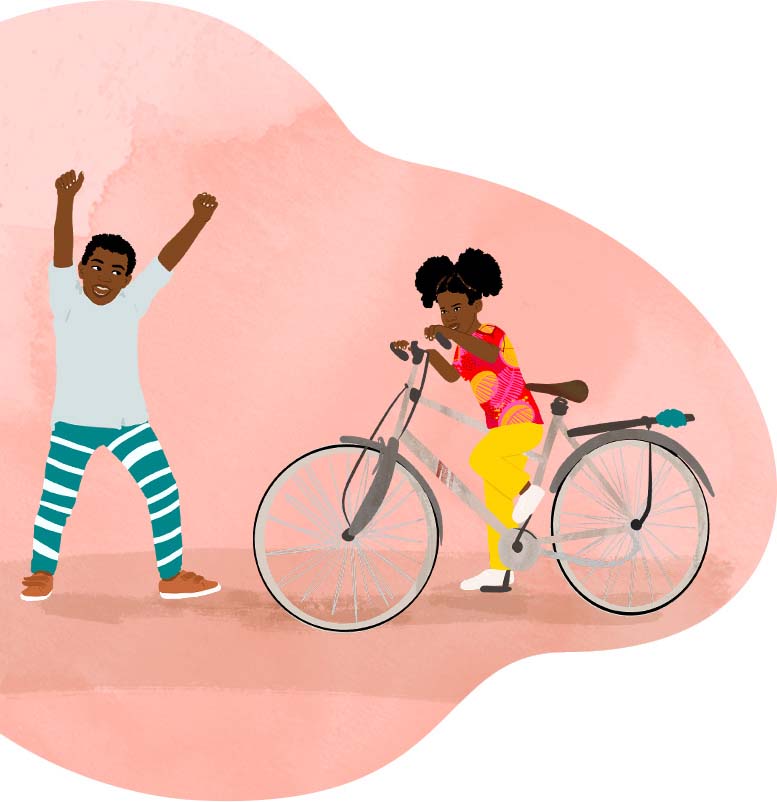Change Starts at Home
Over the past two decades, we’ve strengthened connections with national and local actors and policymakers in Uganda, building knowledge and skills to prevent violence against children. We collaborate with the decision-makers overseeing the implementation of Uganda’s national action plan to end violence against children, as well as with the community-based partners on the front lines of this work.
We deepen these relationships through collaborations—both formal and informal—with the Ministry of Education and Sports to prevent violence against children in schools. We do this mainly by promoting the implementation of the Good School Toolkit in all schools nationwide. We work closely with district and local government structures to put implementation in the hands of those closest to the schools themselves, and we share lessons learned with government circles, implementing agencies and donors.
Additionally, we help foster the national dialogue on violence against children on both a personal and a policy level. Regular communications campaigns, local activism through community-based partners, convening public discussions on key issues and nurturing relationships with media partners and journalists help us influence the national conversation on how to prevent violence against children.
Building Momentum for Child-Centric Violence Prevention
Violence against children in schools receives too little attention from ministries of education, donors and global policymakers. The voices of practitioners from the Global South are particularly missing from this debate. In response to this challenge, we convened a group of practitioners and experts from the Global South who have developed or studied interventions to prevent violence against children in schools and who want to make a strategic contribution to this global discourse.
The Coalition for Good Schools has come together to influence the global agenda on preventing violence against children in and through schools by amplifying Global South experiences, learning and priorities. Through three regional hubs (Asia, Latin America and sub-Saharan Africa), this global network of practitioners collectively pushes for greater prioritization and investment in preventing violence against children in schools and for promoting voices from the Global South within the global violence prevention agenda.
